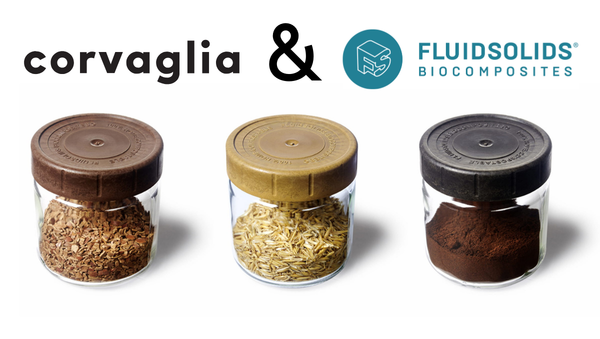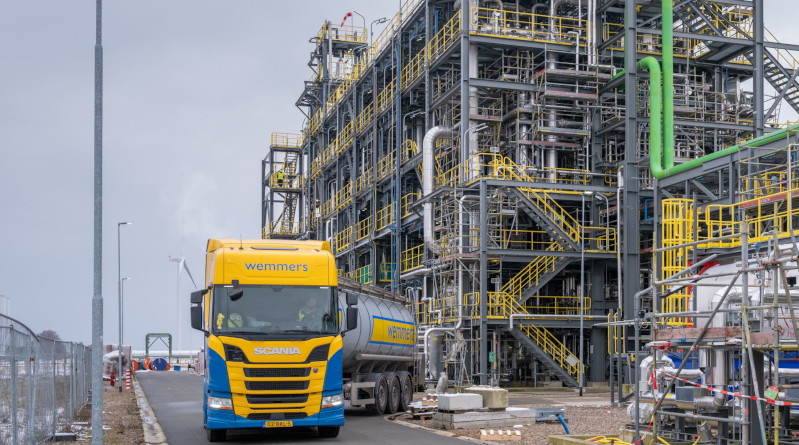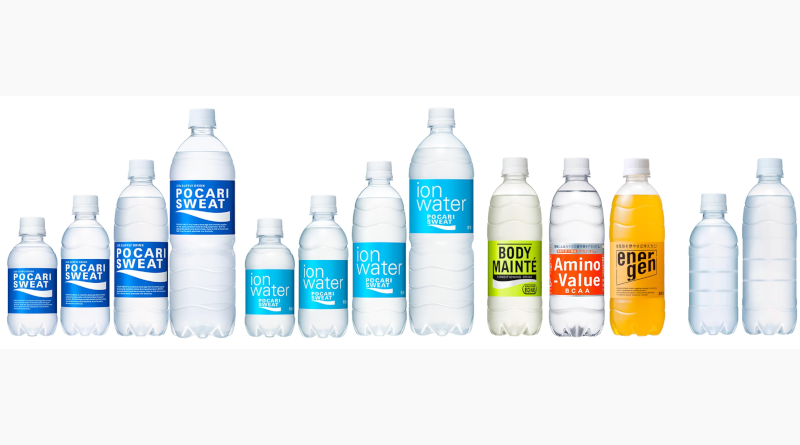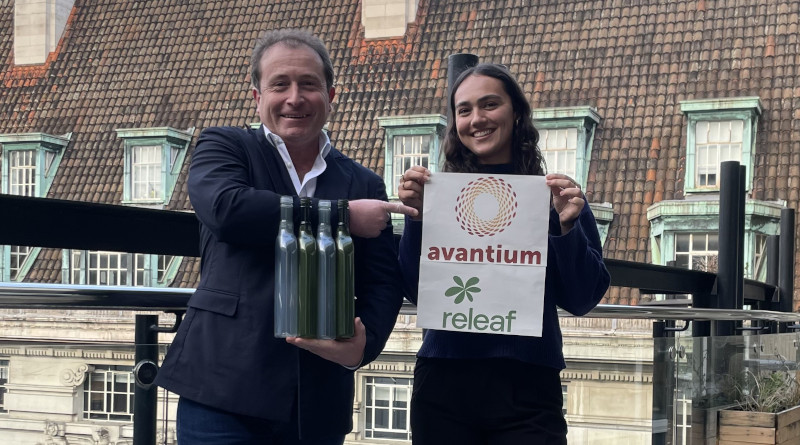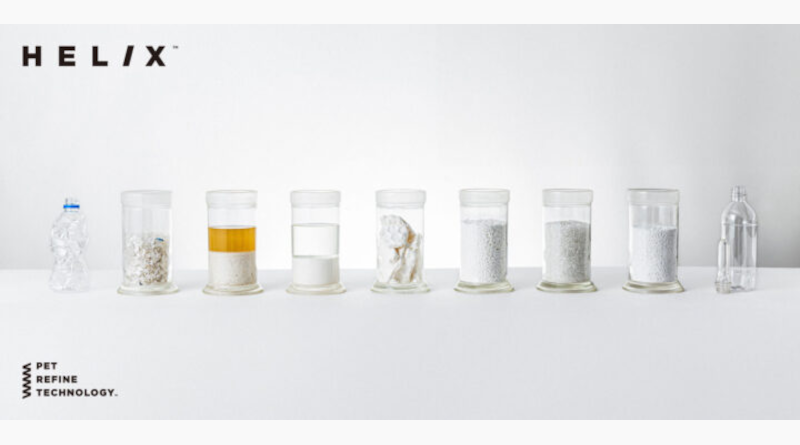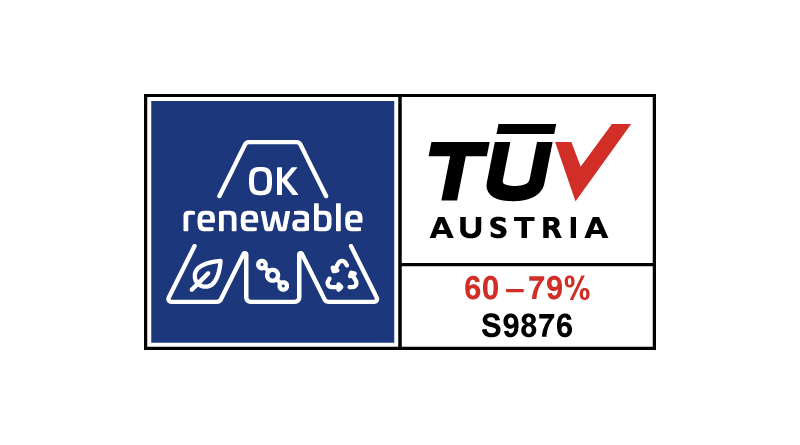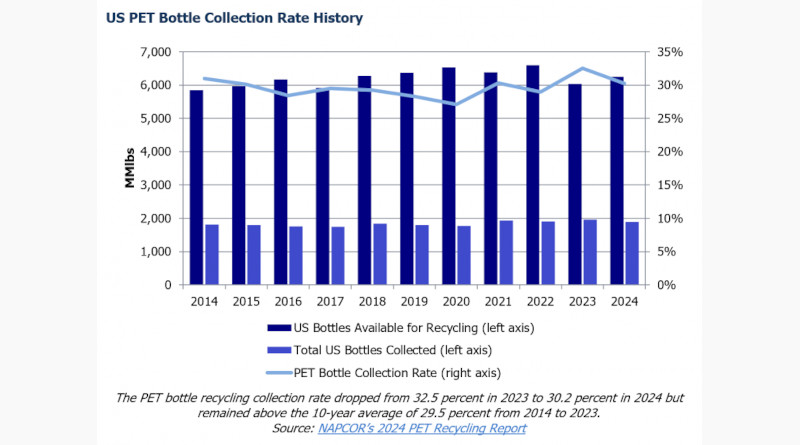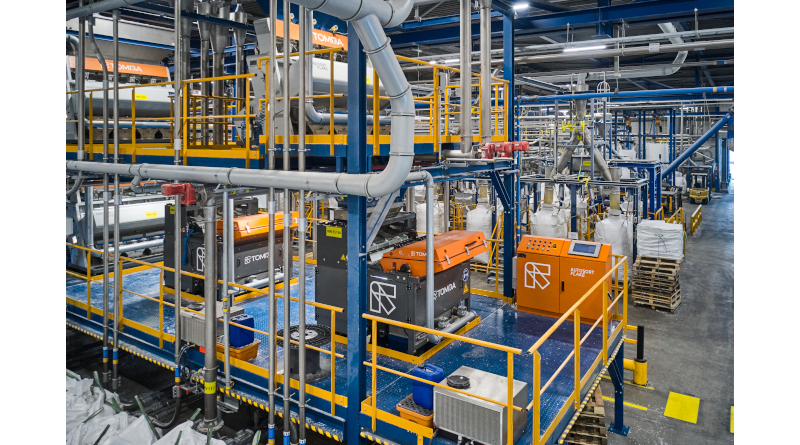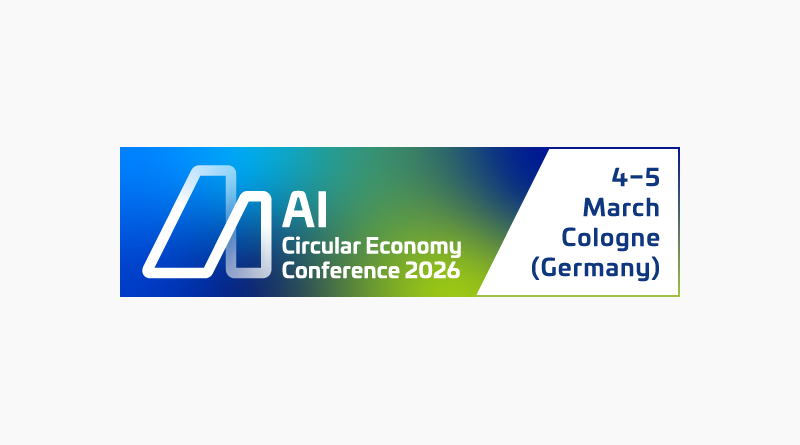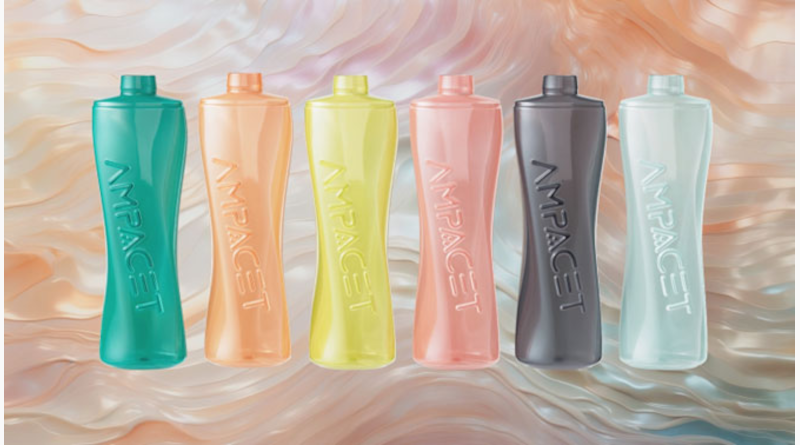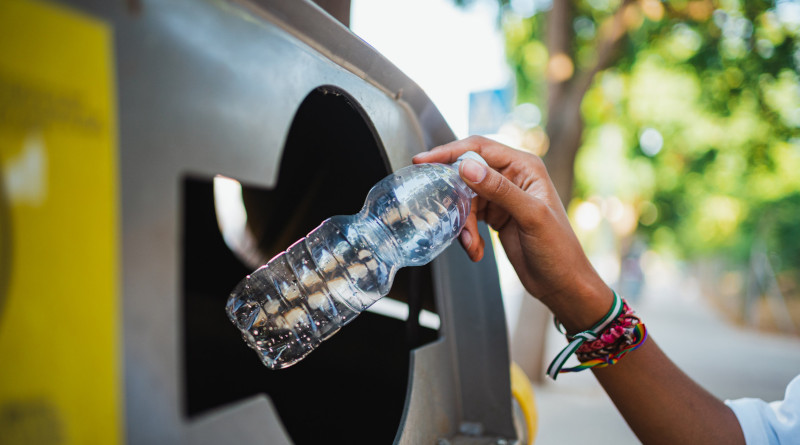corvaglia and FluidSolids: strategic partnership for the production and marketing of bio-based material alternatives for the packaging industry
A leading provider of innovative closure solutions for beverage packaging and a developer of high-per-formance bio-based materials are combining their expertise: corvaglia and FluidSolids will jointly support their customers in achieving their sustainability goals. Quality, reliability, innovation, and sustainability are the core values shared by the two Swiss companies, corvaglia and
Read more
